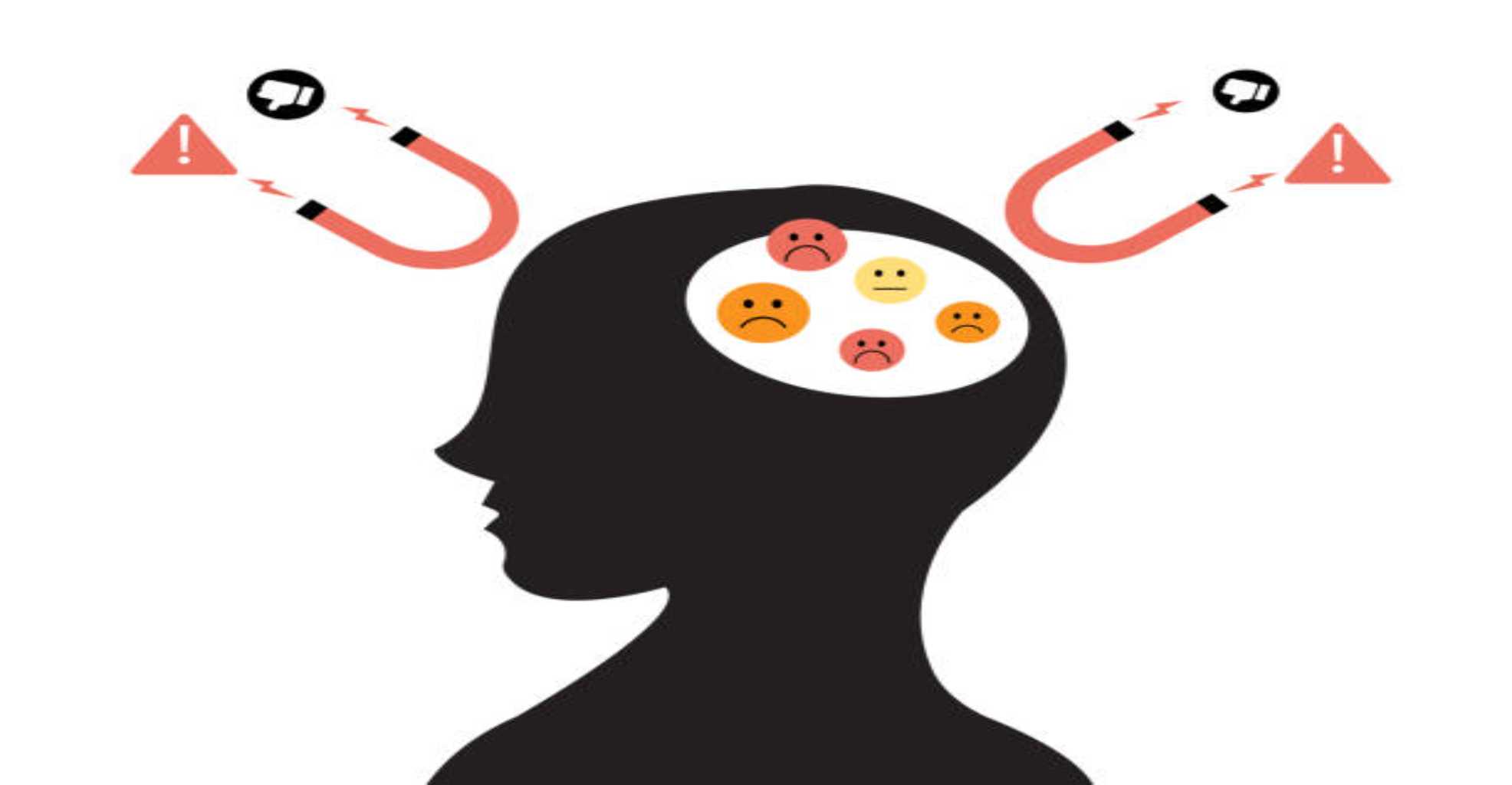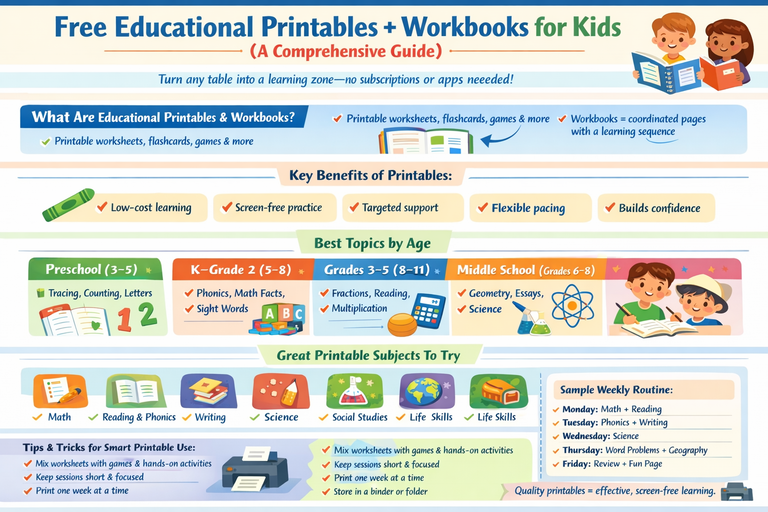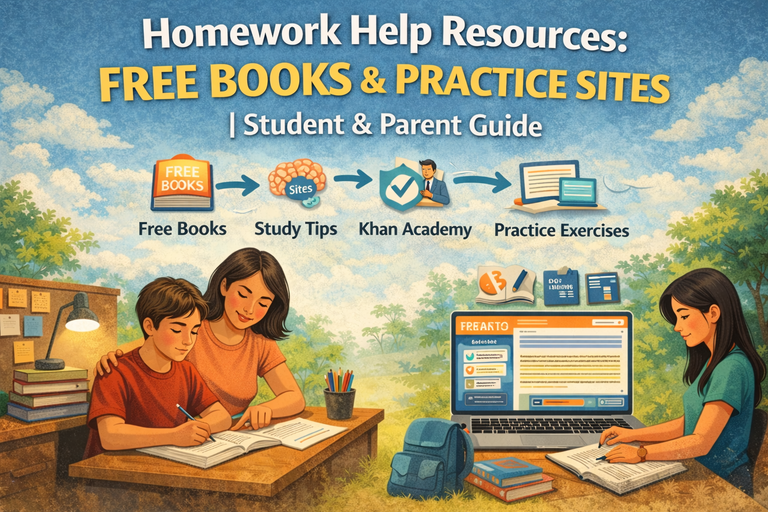The Relationship between Trauma in Childhood and Mental Health in Adulthood
Childhood trauma plays a significant role in determining the trajectory of a person's mental well-being long into adulthood. Experience such as abuse, neglect, or exposure to domestic violence has the ability to inflicl psychological injury which heals slowly over time, influencing emotional well-being, cognition, and overall quality of life.
Studies have confirmed that unresolved childhood trauma is associated with an increased risk of mental illnesses such as depression, anxiety, post-traumatic stress disorder (PTSD), and even physical illnesses. It is helpful to identify the connection between childhood trauma and adult mental illness in that it can aid adults and healthcare professionals in developing more effective coping strategies and treatment interventions.
Learning About Childhood Trauma
Childhood trauma includes painful experiences that disrupt a child's sense of security and safety. This is in the form of:
- Physical abuse – Intentional hurt or harm to a child.
- Emotional abuse – Psychological and verbal abuse, for example, constant criticism, humiliation, or rejection.
- Sexual abuse – Any sexual activity without consent on the part of a child.
- Neglect – Failure to provide fundamental needs such as food, shelter, education, and emotional nurturing.
- Parental substance abuse – Raising a child in a household where caregivers have addictions.
- Exposure to domestic violence – Being witness to violence between caregivers or enduring severe household conflict.
These experiences have the potential to deeply affect a child's development and lead to the development of maladaptive coping strategies and long-term emotional pain.
The Long-Term Psychological Impact of Childhood Trauma
1. Increased Risk of Anxiety and Depression
One of the most common effects of childhood trauma is an increased chance of anxiety and depression later in life. Individuals who have undergone trauma will have a heightened response to stress, meaning they will always be in a state of fear, helplessness, and sorrowfulness. They tend to lack self-esteem, so they will be more prone to depressive episodes and chronic anxiety disorders.
2. Post-Traumatic Stress Disorder (PTSD)
Severe childhood trauma can result in PTSD, a disorder marked by intrusive recollections, nightmares, hypervigilance, and emotional numbing. Adults with PTSD tend to relive their childhood trauma through flashbacks, having trouble participating in healthy relationships or functioning in daily life.
3. Attachment Issues and Relationship Difficulties
Trauma can interfere with a child's ability to form secure attachments, and they will have difficulty forming and maintaining healthy relationships as adults. Neglect or inconsistent care can lead to an anxious or avoidant attachment style in adulthood, resulting in difficulty trusting others, becoming intimate, and feeling emotionally close.
4. Dissociation and Emotional Dysregulation
Most survivors of childhood trauma acquire dissociative traits, that is, they "check out" mentally during times of stress as a means of coping. Dysregulation of emotions, such as mood swings, impulsiveness, and poor stress management, is also typical among survivors of trauma.
5. Greater Vulnerability to Drug Abuse
Many individuals who have experienced childhood trauma resort to alcohol or drugs as a way of numbing emotional pain. Addiction to substances becomes in most instances temporary relief but may ultimately be the cause of addiction and worsening of mental illness in the long term.
How Childhood Trauma Affects Brain Development
Human brain is highly elastic, but the normal development could be disrupted by trauma. A child's ongoing stress affects the areas of the brain that oversee emotion regulation, memory, and decision-making skills, such as the amygdala, hippocampus, and prefrontal cortex.
- Amygdala – This part of the brain handles fear reactions. Trauma gets it over-stimulated to be hyperactive, leading to more stress and anxiety levels.
- Hippocampus – The hippocampus, which processes memory, tends to be smaller in trauma victims and is the cause of memory and emotional control issues.
- Prefrontal Cortex – The prefrontal cortex is in charge of emotion regulation and decision-making. Trauma disrupts its functioning, leading to impulsiveness and poor control of emotions.
The Role of Childhood Trauma in Physical Health
In addition to mental illness, childhood trauma can also affect physical health. Studies have linked early trauma to increased susceptibility to chronic illnesses such as heart disease, diabetes, and autoimmune disorders. This is due to the fact that long-term exposure to stress hormones weakens the immune system and makes the body more inflamed.
Breaking the Cycle: Healing from Childhood Trauma
Although childhood trauma has long-term effects, healing is possible with the right interventions. Some effective ways of healing are discussed below:
1. Therapy and Counseling
One of the most effective ways of coping with childhood trauma is therapy. Cognitive-behavioral therapy (CBT), trauma-focused therapy, and Eye Movement Desensitization and Reprocessing (EMDR) are all effective in processing traumatic memories and reducing symptoms of PTSD.
2. Mindfulness and Meditation
Practicing mindfulness and meditation can allow trauma survivors to become present once more, reducing distress and anxiety.
3. Healthy Relationships
Establishing trusting relationships with compassionate others can help trauma survivors develop healthier attachment styles and improve emotional adjustment.
4. Stress Management and Self-Care
Engaging in regular exercise, maintaining a healthy diet, and adding self-care can allow individuals to manage stress more effectively and improve their mental health.
5. Journaling and Expressive Writing
Putting traumatic experiences into writing is at times a strong method of healing and reaching a deeper understanding. Expressive writing has also been shown to make trauma survivors shift their perception of the event in a healthier way.
6. Becoming Involved in Support Groups
Having the camaraderie with individuals who have experienced the same kinds of trauma can create a community that ends isolation.
Conclusion
The impact of childhood trauma on mental health later in life is deep and long-lasting. From increased risk of anxiety, depression, and PTSD to issues with interpersonal relationships and cognitive difficulties, childhood trauma can affect the mental and emotional landscape of a person for years to come. But with proper support, therapy, and coping strategies, recovery is possible. Recognizing the effects of childhood trauma is the first step in breaking the cycle and fostering resilience in individuals as well as in society as a whole.







